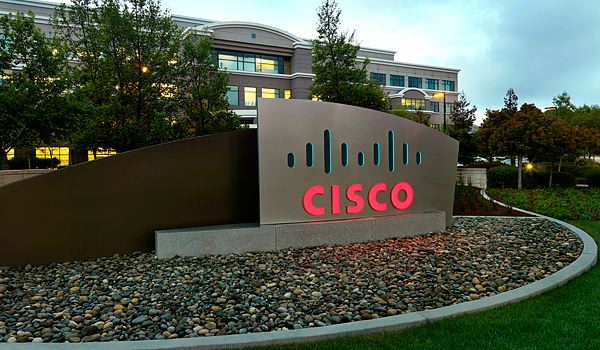by Brian S. Wesbury – Chief Economist & Robert Stein, CFA – Deputy Chief Economist, First Trust Portolios
History is absolutely clear – Capitalism is the best system ever developed (actually evolved by human experiment) to boost living standards. At the same time, Socialism has a seriously lousy record. In the most recent attempt, Venezuela has gone from one of the wealthiest countries in South America, to one of the poorest. In spite of the very clear record of capitalism’s success, many want to “bite the invisible hand” that feeds us. On Tuesday, it appears that New Yorkers – who live arguably at the historic center of American capitalism – will elect an avowed “democratic socialist” as mayor, who wants to use the visible hand of government to direct resources.
It’s not like capitalism hasn’t faced intellectual challenges before. Historically, they tend to fall into three categories. First, capitalism leads to excess and then collapse – citing the Great Depression and the Subprime Panic of 2008 as example. Second, it ignores environmental costs (“externalities”) which may hurt the earth, like “climate change.” Third, it causes inequality – houses are unaffordable, while billionaires proliferate.
We don’t have the space to deal with each of these in depth. But it is well documented that the Great Depression was caused by a series of government mistakes, most important lousy Federal Reserve policy, which caused deflation and bank failures. It wasn’t capitalism’s fault.
Again in 2008 subprime problems were caused by overly loose monetary policy between 2001 and 2006, which boosted riskier mortgages and drove up home prices. In the meantime, government-sponsored enterprises stoked lending to meet political goals. Then when the losses appeared, mark-to-market accounting made the multiples worse by forcing banks to price and sell assets in an illiquid market at less than their actual cash-flowing value.
Ending overly restrictive mark-to-market accounting would have fixed the crisis immediately, but instead the Bush Administration supported TARP and Quantitative Easing. At the time we said that they were the biggest mistakes Republicans had made since Herbert Hoover raised taxes and signed the Smoot-Hawley Tariff Act into law (even though we had been running trade surpluses). Bailing out banks while foreclosures spread made it appear that capitalism was really about socializing losses and benefiting greedy bankers.
What about externalities? Just last week, Bill Gates made news when he said the risks from climate change are exaggerated, resources have been misspent, and humanity is not going to be wiped out.
Which leaves us with the final argument against capitalism – inequality. This is the basis of Zohran Mamdani’s campaign for Mayor of New York City. He says billionaires shouldn’t exist and housing is unaffordable, and this has gained traction among many voters, especially younger generations.
What is so frustrating about this argument today is that the policies the US government has followed since 2008 are directly responsible for a surge in inequality. George Bush the Younger defended TARP by saying he had to violate free market principles to save the free market. We said at the time that that made no sense. He was just undermining those principles in the marketplace of ideas. It gave intellectual carte-blanche to those who openly oppose capitalism to do so more brazenly.
Quantitative easing was a huge mistake (both during the 2008 Panic and COVID). The US money supply has tripled in just eighteen years. The result is higher inflation, not just for consumer goods, but for housing and asset prices as well. What this means is that those with assets (stocks and homes) gained ground; those without assets lost ground.
We can think of no set of economic policies, other than the pure corruption we often see in third-world countries, that has caused more inequality. In other words, it was not capitalism, but government policy mistakes that caused the recent surge in inequality. Fixing it with more government interference in the markets will only compound the problems.
None of this can be blamed on one political party or the other. However, it can be blamed on politicians, who for almost 100 years have invented one new government program and policy after another. While the US has the characteristics of a capitalist system, government (at all levels) plus the cost of regulation exceeds 50% of GDP.
So, forgive us when we hear capitalism doesn’t work. That’s not an argument that holds much water anymore. Unfortunately, the failure of government seems to be leading people to vote for even more of it. If the country as a whole goes in this direction, debt, deficits, inflation and inequality will all become even bigger problems than they are today.
Brian S. Wesbury – Chief Economist
Robert Stein, CFA – Deputy Chief Economist
Click here for a PDF version
Copyright © First Trust Portolios













